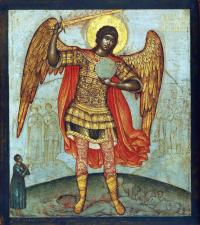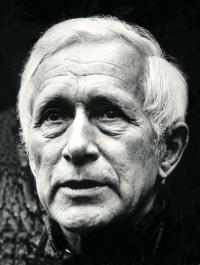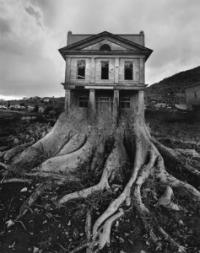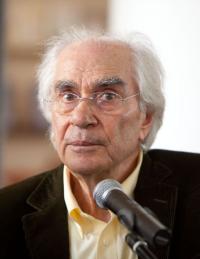Myths about Hyperborea
Myths about Hyperborea, the land of forefathers in the Far North, about the country that lies "beyond the north wind", are very deeply embedded in the collective unconscious and mythology of almost all Indo-European nations (and, of course, not only of their). By itself, this fact has great importance. But, more important than the fact of their widespraeding is the question what is their meaning. If Hyperborean myths really have such an important role in the unconscious of the Indo-European peoples, they have this by their own significance, due to its interior facilties. Because, for us, a myth in not "false story", a superstition or a misunderstanding. Myth is timeless reality, which is, perhaps, "not never enact anywhere," but is constantly repeated in history and, indeed, in a reality that determined and defined it.














